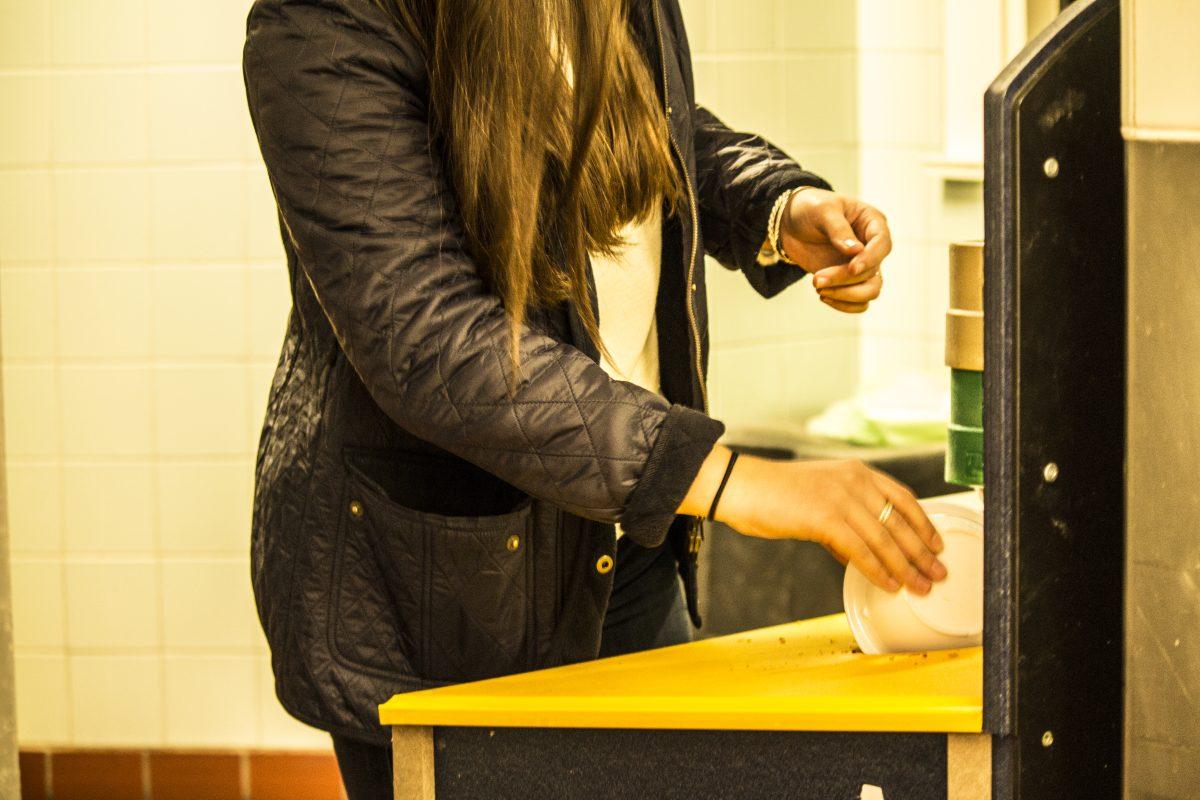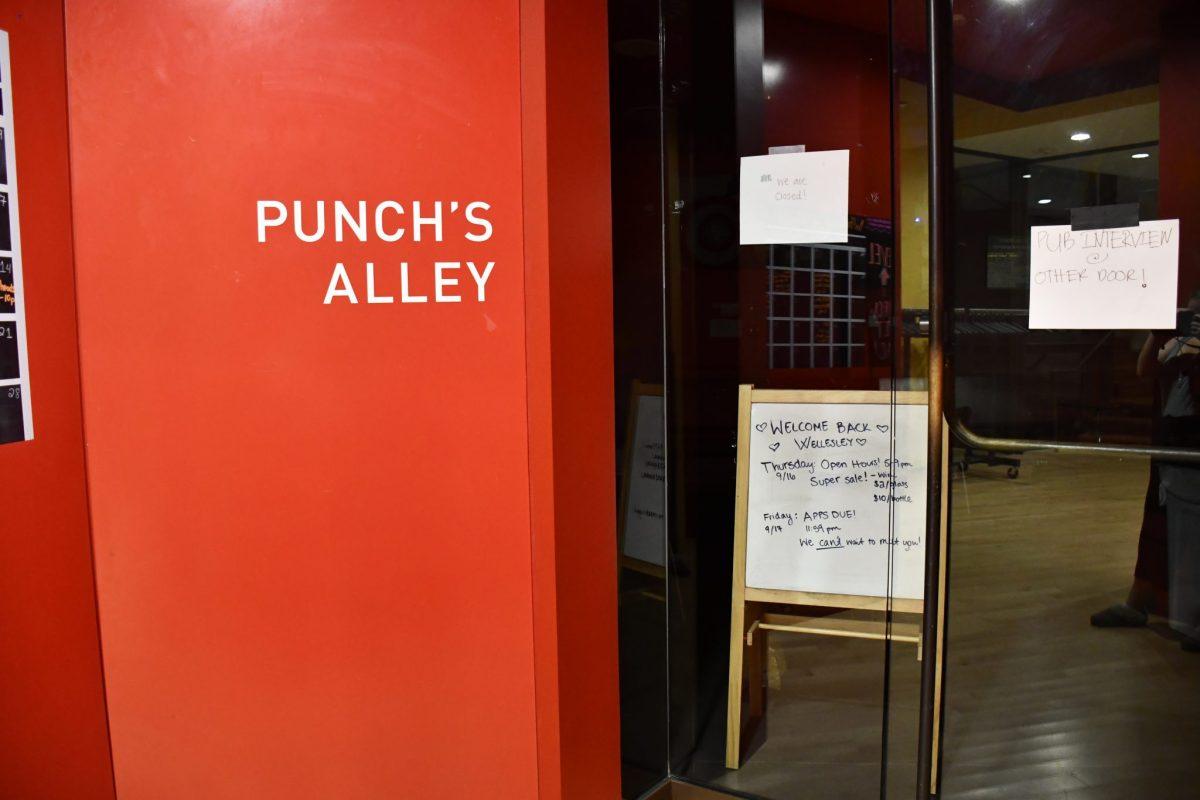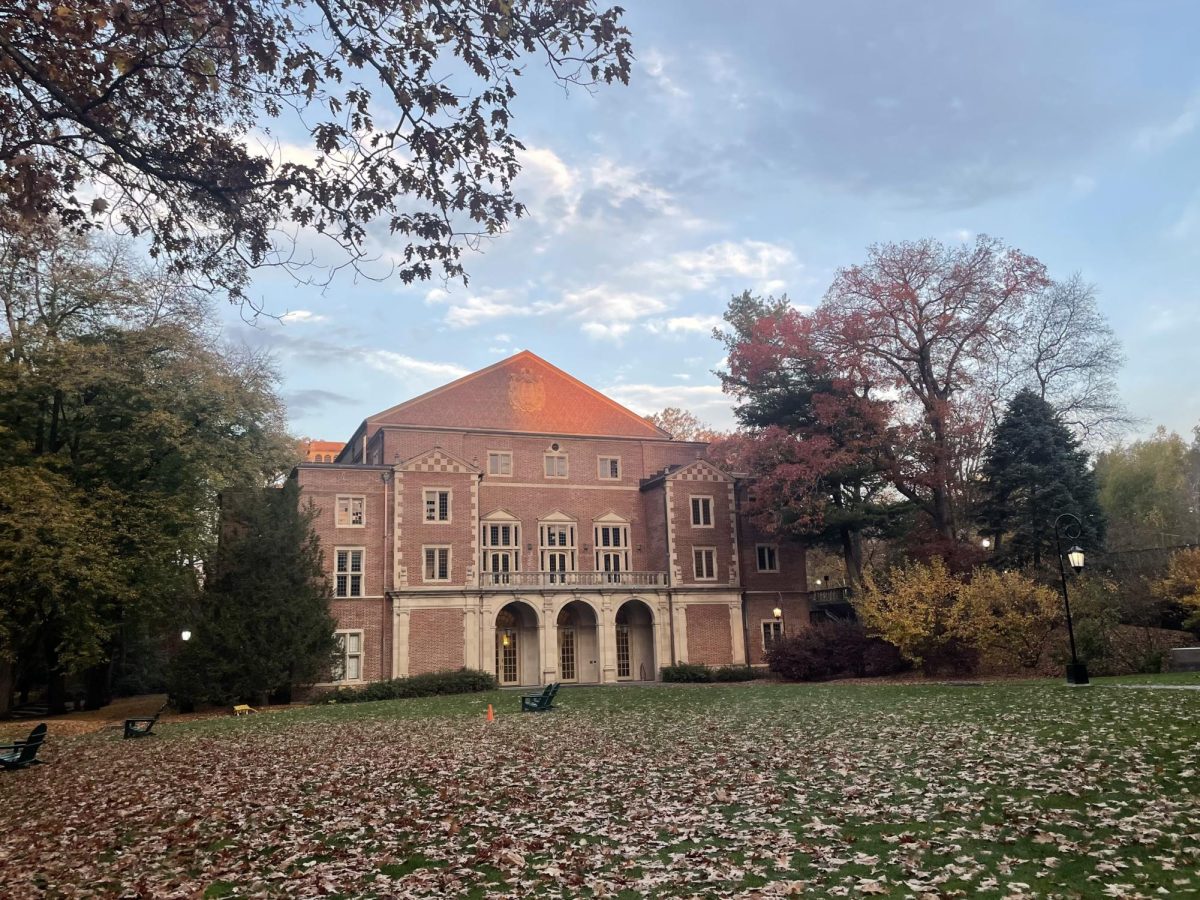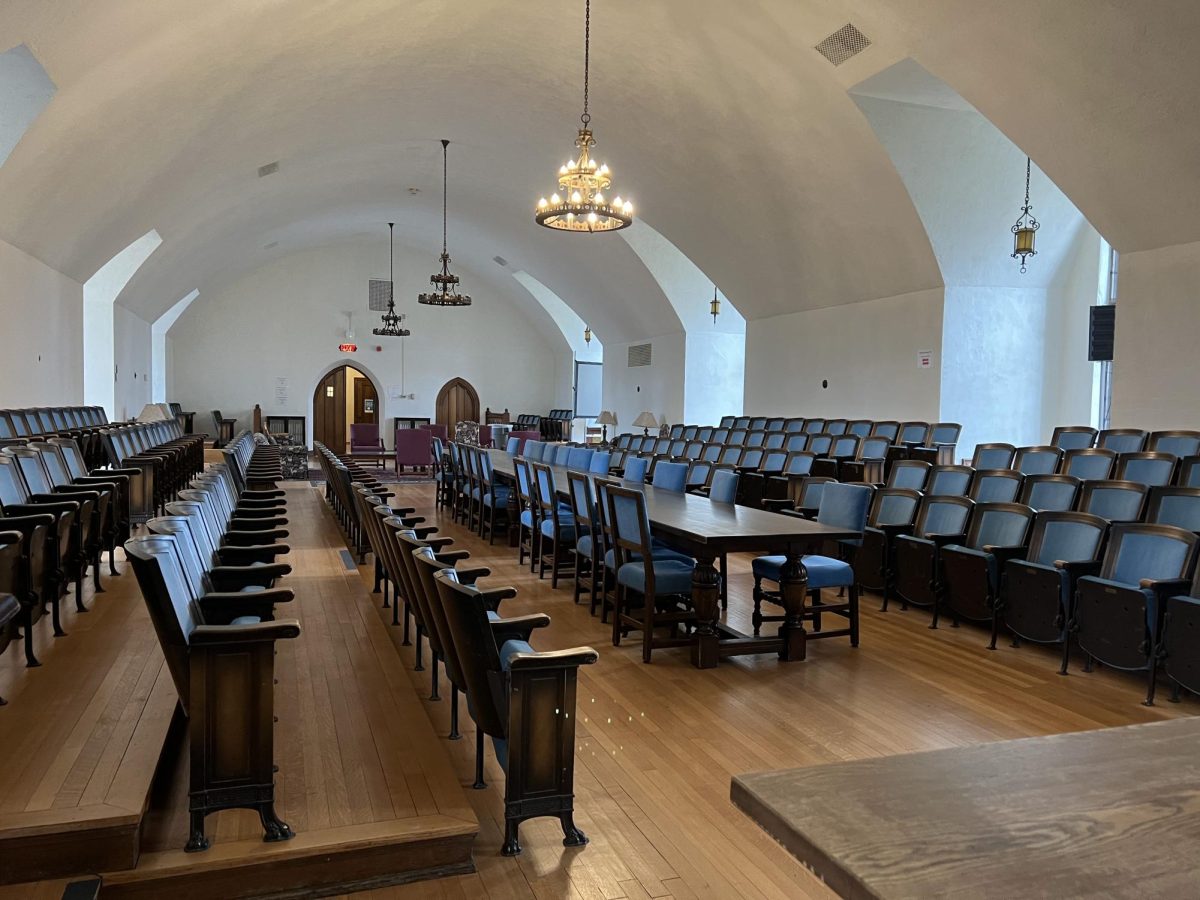Wellesley’s Sustainability Advisory Committee released a draft of its sustainability plan, which includes goals for improvement in eight areas. The draft lists accomplishments and future efforts towards sustainability in the sectors of academics, buildings, climate and energy, food and dining, landscape and watershed, purchasing and waste, transportation and water.
This plan emphasizes the importance of sustainability across all areas of life at Wellesley College. Thus far, Wellesley has successfully implemented sustainability goals including composting in the dining halls, wetland restoration, and free charging stations for electric cars. Under the academic sector’s accomplishments, the draft notes that Wellesley offers more than 20 sustainability related courses, as well as opportunities for sustainability related internships. The committee itself is comprised of 18 members that includes faculty and students.
Jihelah Greenwald ’16, a Wellesley College student who joined the committee last March after attending a student stakeholder meeting, explained how the sustainability plan was created.
“Each subsector collected information by interviewing stakeholders like faculty, staff, and students and reading sustainability plans from other colleges. Then we separately drafted our subsector plan and sent those plans back to the stakeholders for comments,” Greenwald said.
Associate Professor of Environmental Studies and Sustainability Advisory Committee Chair Jay Turner highlighted the fact that the document is the result of effective collaboration between the Wellesley community and the Sustainability Advisory Committee.
“Work on the plan kicked off in February, with the Sustainability IdeaFest. Nearly 100 people from across campus spent lunch brainstorming ideas for advancing sustainability at Wellesley,” Turner said.
Sustainability Director Patrick Willoughby expressed the need for involvement and commitment from the Wellesley community to implement this plan successfully.
“Sustainability can be overwhelming since it involves almost every aspect of our lives. Wellesley College has made a lot of progress but still has a long way to go, like most other colleges and universities, to become the sustainable institution that it should be,” he said.
Sustainability Coordinator Sharon Bort hopes the plan will teach students more about the Sustainability Advisory Committee’s efforts to introduce sustainability to Wellesley College.
“This plan will hopefully get more people engaged on campus and help them learn a little bit more about the behind the scenes,” Bort said.
The academic section of the draft is focused on making information about sustainability efforts easily accessible to the Wellesley community. Members of the committee, including Greenwald, hope that this section will give people a better understanding of what sustainability is about and how they can become involved.
“I think that section is the one that is really trying to erode at a fundamental problem with the current sustainability and environmental movement in that it is constrained to the capital-E ‘Environmentalists.’ I believe that anyone who appreciates efficiency is sustainability-minded, and anyone who enjoys a sunrise is an environmentalist,” said Greenwald. She continued on to remark on the need for diversity in our approaches to sustainability and environmentalism in an academic setting.
Bort hopes the draft will help portray sustainability as something that extends beyond the planet to other areas of our lives.

“I hope that every student, staff and faculty member can know that sustainability is a lot bigger than just the environment. It’s people, planet and profit!” Bort said. She went on to express her optimism in this plan as a first step, although she noted that there is plenty of work still to be done.
Wahito Njau ’18 is an Eco-Rep. Eco-Reps are elected students who work to communicate between the Sustainability Office and the rest of the community, and they offer Sustainable Living Certificates to recognize students on sustainable living habits.
Njau is optimistic about the new sustainability draft, and sees it as a chance to better inform the Wellesley community about sustainability.
“I mostly see that there are people who do not know what to do when it comes to being more sustainable so I think it would be great if students could get educated more on the subject so that they know what to do when it comes to that,” Njau said.
In response to questions about educating the community on sustainability, Njau highlighted that those who want to make a difference must take initiative to learn about the impact of their actions.
“But it’s not something you can force on certain people because when it comes to things like recycling and compost, most people feel like doing both of those things doesn’t impact the world or change much as a result when in fact, it does,” Njau said. She added that the work of the committee and others committed to sustainability on campus is working to correct this misconception.
Turner commented on the number of sustainability efforts that have already been made by the college with significant success.
“This plan highlights what we’ve done — things like reducing water consumption by 39 percent since 1999,” Turner said. He continued to mention his excitement for future drafts of the plan, which will focus more on improving energy efficiency and addressing greenhouse gas emissions. However, Turner noted that the committee has faced some challenges, particularly regarding accurate measurements of resource use within Wellesley.
“Our biggest shortcoming is a lack of data. We do a lot of great things, but without meters to measure water, electricity and heating on a dorm by dorm, building by building basis, we are hard pressed to documents those accomplishments or make the best decisions,” Turner said.
Under the water sector, the plan includes future goals of campus-wide metering of water consumption as one aspect of better data collection that will allow for more better understanding of where Wellesley stands in resource consumption. Members involved in the creation of this draft are enthusiastic about the possibilities that the draft holds for the future.
“I hope the Wellesley community knows that both the committee and the Sustainability Office has so much to offer them in terms of education, programming, and collaboration,” Bort said.
Keeping with the theme of collaboration, the Sustainability Advising Committee is holding open hours for anyone in the Wellesley community to show support for the plan and offer feedback. These sessions will be held today from 6:00 p.m.-7:00 p.m. at El Table, this Thursday from 12:30 p.m.-1:30 p.m. at the Leaky Beaker, Oct. 26 from 12:30 p.m.-1:30 p.m. at Pendleton East Atrium and Oct. 28 from 12:30 p.m.-1:30 p.m. in the Science Center S143.






